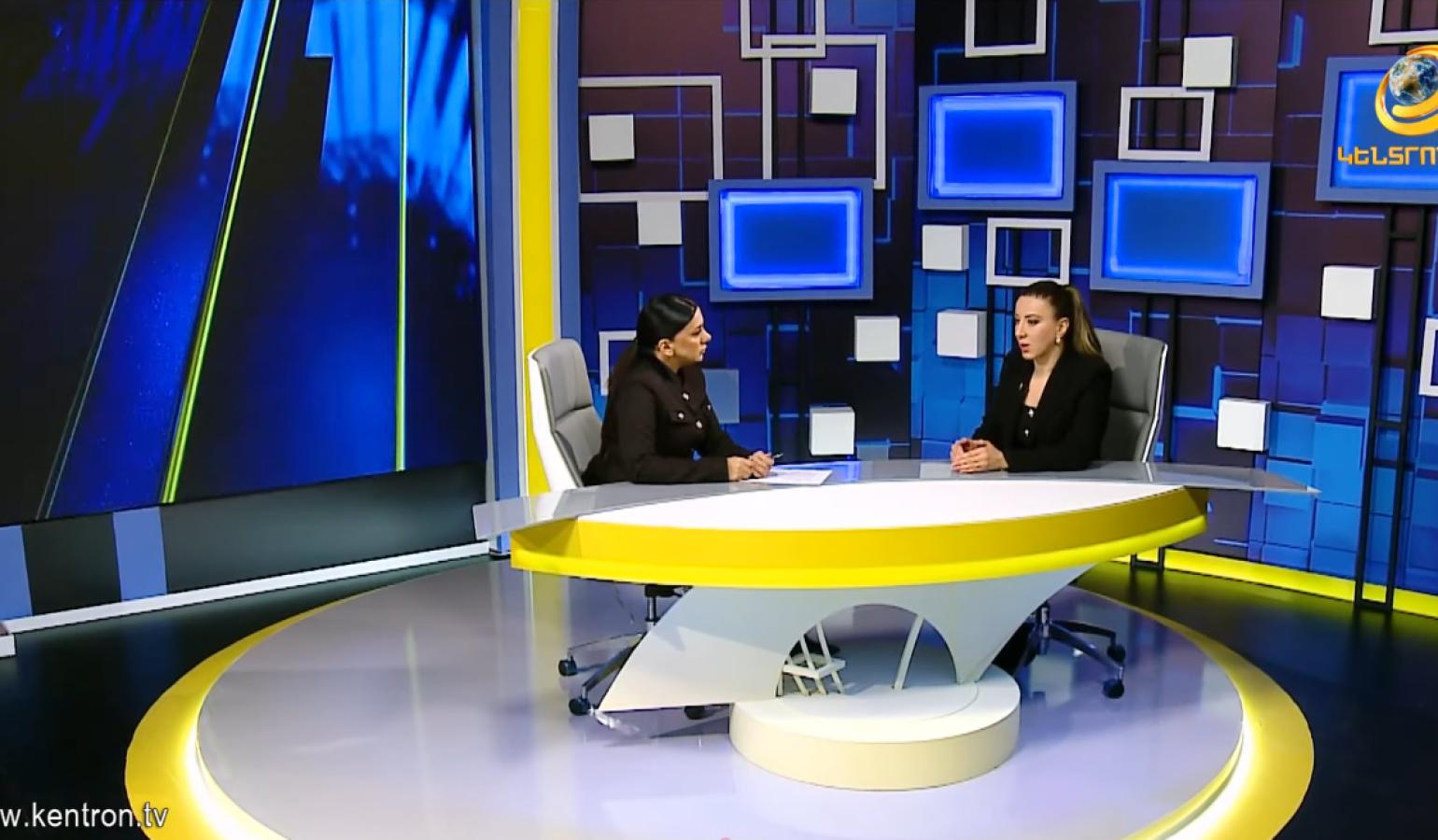
In the sphere of Armenian-American public debates, there has been a noticeable increase in discussions on the issue of the return of Armenian prisoners held in Baku. According to a human rights defender and director of the Center for International and Comparative Law, Siranush Sahakyan, this is logical, taking into account that the peace treaty was initialed through the efforts of the American side itself. Of course, there were expectations that the initialed peace treaty would also address the fate of Armenian prisoners of war held illegally in Baku and that their return would be guaranteed, "however, the published text lacked a provision on the return of prisoners, which caused disappointment. Moreover, the text contained a provision aimed at denying justice, in which circumstances the prisoners were also left outside legal protection," said Siranush Sahakyan.
On the one hand, the document does not regulate the issue of the return of captives, on the other hand, the legal mechanisms that could provide protection for captives are rejected, leaving their issue entirely to the whims of the Azerbaijani authorities. “Various initiatives were taken to fill this gap. The Armenian National Committee of America is particularly active, having addressed various letters to US congressmen,” said Siranush Sahakyan on the “Chronicle” program of “Kentron” TV.
Here, the legislative body is showing greater activity in order to take some actions of the executive body under control, to encourage active involvement in solving humanitarian issues as well. There have been initiatives related to the application of sanctions, in particular, sanctions against Azerbaijani officials who have been directly involved in the commission of international crimes: deportation, war crimes, etc. "Unfortunately, this project was not successful, it did not even pass the committee stage and was not adopted with a margin of 24/26 votes. We must first wait and see whether this project becomes a law, and if this happens, it will turn out that a certain mechanism of checks and balances is being introduced for the executive branch, so that, in parallel with political processes, they also assume responsibility for resolving human rights issues. The primary issues are the return of Armenian prisoners of war and other hostages, the protection of cultural heritage and the return of Artsakh Armenians," said Siranush Sahakyan.
What is the Republic of Armenia doing to solve these problems? According to the human rights defender, the Armenian government is showing a changeable behavior. During the 1-2 years following the 44-day war, there was active work not only in the political field, but also in the legal field. “Very important legal processes were launched here, which was unprecedented in the sense that Armenia had never generated a legal dispute against Azerbaijan at the interstate level, although there were legal grounds. And what was interesting is that the Republic of Armenia even showed the courage to initiate a lawsuit against Turkey. The legal platform accused the Azerbaijani side of pursuing a racist policy towards Armenians for years, regardless of their place of residence. Here, the issue was not only the protection of Artsakh Armenians or Armenians living in Armenia, but of all ethnic Armenians, regardless of citizenship and place of residence. 4 complaints were filed against Azerbaijan with the European Court of Human Rights, and 1 complaint against Turkey, as it was obvious that Turkey had been actively involved in the 44-day war," said the human rights defender.
Later, Armenia stopped active initiatives. Although the legal processes are still maintained purely formally, they have nevertheless entered more passive stages, and the burden falls on the political platform, where no statements or actions perceived as accusatory by Azerbaijan are recorded. “We must comprehend the reality that at the very least, we are not interested in international partners if their political interests do not coincide with ours. Unfortunately, in recent years, our interests almost always do not coincide,” Sahakyan said.
Speaking about the Office of the Representative for International Legal Affairs and specifically about the activities of Karen Andreasyan, Sahakyan noted that he sees deep problems in this regard. "The state, by and large, has the discretion to choose the representative who will implement the protection of its interests on international platforms, but it is understandable that legal representation is, first of all, a process requiring professional qualities, and with narrow specialization. For example, the best specialist in the criminal law field cannot effectively protect the interests of the state in arbitration proceedings or in disputes related to human rights. In other words, the field of specialization of the specialist is also of significant importance here. We witnessed how professional solutions were considered inadmissible and, moreover, the representative who expressed a professional opinion was, in fact, held accountable. On the other hand, the position was entrusted to a member of the political team. No matter how much Mr. Andreasyan previously held the independent position of President of the Supreme Judicial Council, his activities are largely associated with political activities," said Sahakyan.
During the extensive interview, the cessation of the activities of the Red Cross in Azerbaijan and its consequences, the attitude of the Azerbaijani Human Rights Defender towards Armenian prisoners, the danger to the physical existence of Armenian prisoners, the use of alternative mechanisms for visiting them, and other topics were also discussed.